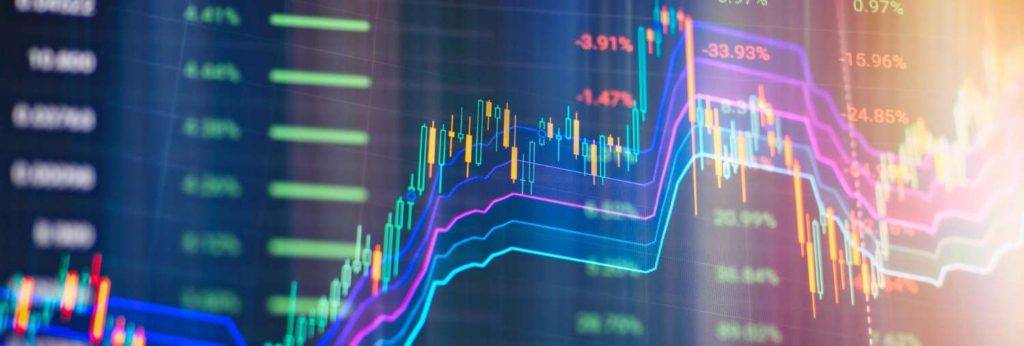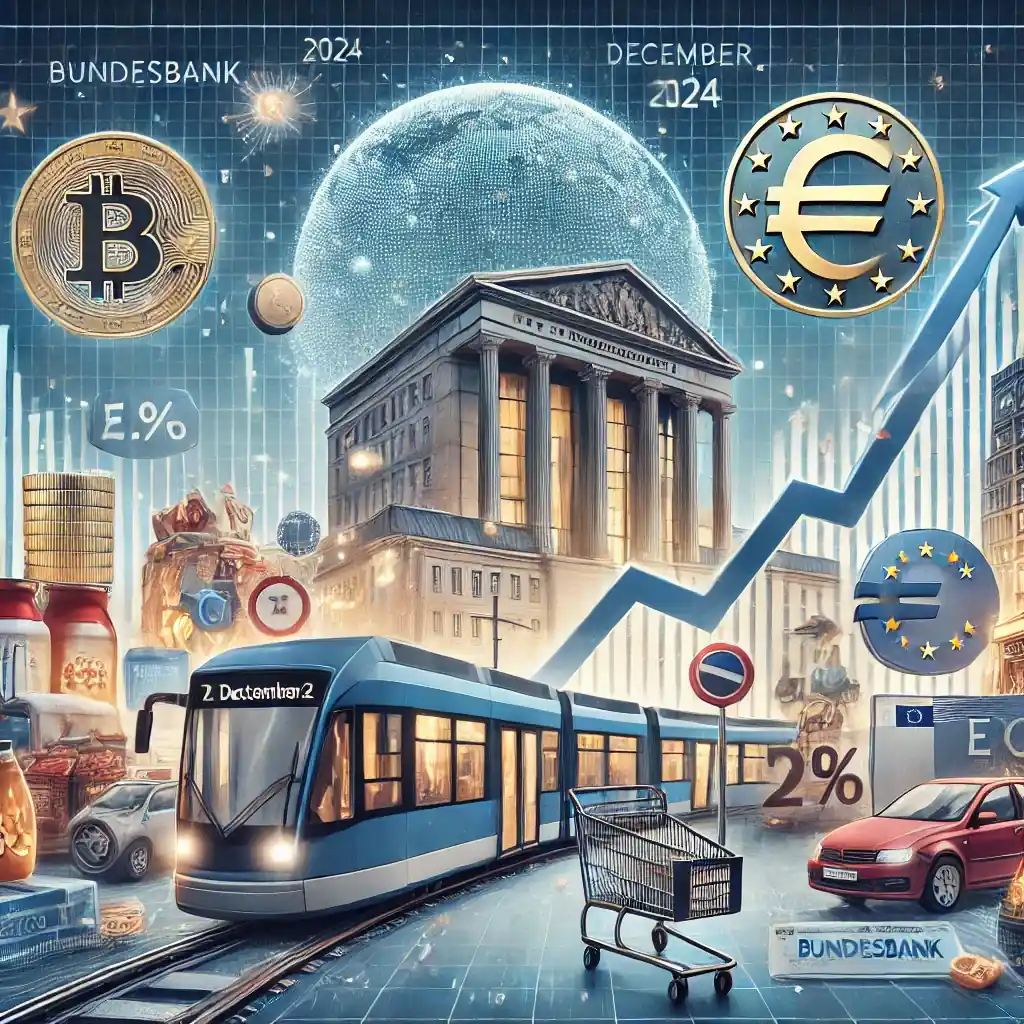German Inflation Surpasses Expectations
German inflation rate rose to 2.8% in December 2024, up from 2.4% in November, exceeding analysts’ predictions. The surge was primarily driven by escalating energy and food prices, according to the national statistics office.
Impact on ECB’s Monetary Policy
The unexpected inflation increase supports the European Central Bank’s (ECB) cautious approach to rate cuts. Short-term German bond yields rose following the release, signaling reduced market expectations for aggressive rate reductions in 2025.
Broader Eurozone Trends
Germany’s inflation follows Spain’s similar uptick to 2.8% last month. Analysts predict the euro-area inflation rate, set for release Tuesday, will rise to 2.4%. This trend raises doubts about the feasibility of larger rate cuts some ECB policymakers previously suggested.
Factors Driving German Inflation
- Energy and Food Prices: Continued volatility in these sectors significantly impacted the inflation rate.
- Public-Transport Ticket Costs: An increase in nationwide ticket prices added to the inflationary pressure.
- Carbon Pricing: Higher national carbon pricing has further driven up costs.
Services Inflation Remains Elevated
Core inflation, particularly in Germany’s services sector, increased slightly to 4.1% from 4% in November. This reflects robust wage growth as businesses offset inflationary impacts from previous years.
ECB’s Gradual Rate Cuts in Focus
The ECB’s recent 25-basis-point rate cut in December marked its fourth reduction, lowering the deposit rate to 3%. Policymakers anticipate more cuts in 2025, potentially bringing the deposit rate to 2%. However, with inflation showing signs of resilience, the pace and extent of these reductions may be re-evaluated.
Election Dynamics and Future Inflation Outlook
With snap elections next month likely to end Olaf Scholz’s tenure as chancellor, inflation remains a pressing issue for German leadership. The Bundesbank forecasts inflation easing to 2.4% in 2025, with further moderation to meet the ECB’s 2% target by 2026.
Key Takeaways for Investors
- Short-Term Impact: Rising inflation complicates ECB’s plans for aggressive rate cuts.
- Market Response: German bond yields rose, reflecting reduced confidence in faster monetary easing.
- Long-Term Outlook: Inflation is expected to stabilize below 2% in 2025, aligning with ECB goals.
Investors and policymakers alike are closely monitoring inflation trends and their implications for monetary policy adjustments in the eurozone’s largest economy.




